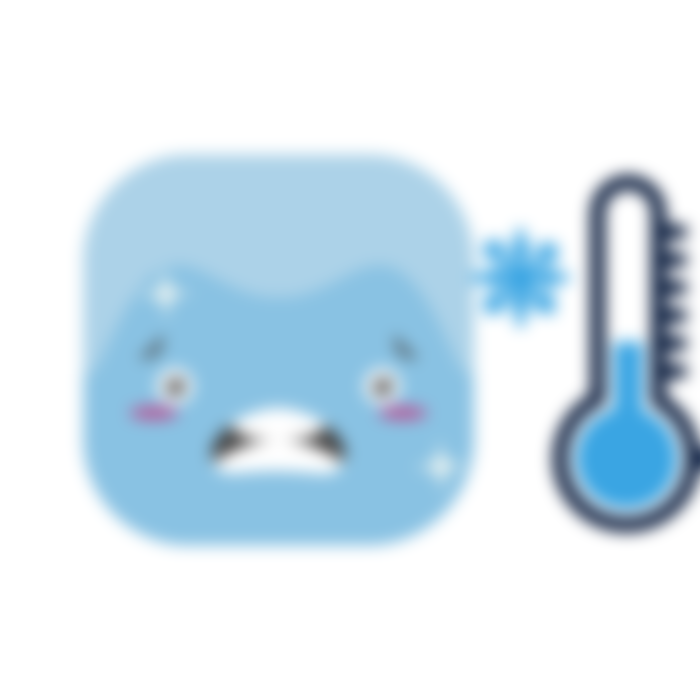
The common cold is probably the most popular disease not only here in the Philippines but also around the world.
If you are looking for an effective cold medicine, you are not alone.
Thousands of Filipinos are searching every day for the answer to the question of what is an effective cold medicine.
In this article, we will discuss the following:
What is a cold?
What are the symptoms of having a cold?
What is the medicine for a cold?
When should a doctor be consulted?
How is a cold contagious?
What causes a cold?
A cold is a disease caused by a slight infection caused by a virus or bacteria.
It affects the nose, throat and the upper part of the airway to the lungs.
It is highly contagious but also usually disappears within a week.
What are the symptoms of having a cold?
You have a cold when you notice the following symptoms:
Your throat is sore and swollen
Your nose is clogged
You're part of it
You are coughing
Fever
Chronic symptoms include fever, headache and muscle aches.
These symptoms may be caused by a cold but they are common flu symptoms.
What is the medicine for a cold?
Because a cold is caused by a virus or bacterial infection and usually goes away within a few days, there is really no medicine that can get rid of the cold.
But there are effective ways to relieve the pain of cold symptoms even when you are at home, even without seeing a doctor.
The following are things you should do if you have a cold:
You need to rest from heavy activities.
If the scheduled walk is not important, it is better to cancel it and just lie down at home.
Drink plenty of water and eat soft but healthy foods.
If you have a fever, you will need to buy paracetamol or ibuprofen to relieve it.
Take fever medicine every four hours.
Is your nose clogged?
Take a medicine such as decolgen or Neozep to clear the blockage and get a good rest.
Keep feeling fresh by taking a shower and wearing loose -fitting clothing.
Eating fruit or drinking fruit juice rich in vitamin C.
Medicines to relieve cold symptoms can be easily purchased at pharmacies or convenience stores near you.
It does not require a doctor’s prescription because it is safe for children and adults.
But remember: medications for cold symptoms are not recommended for infants, pregnant women, people with certain illnesses, and patients taking certain types of medication.
Talk to a pharmacist if you are unsure about taking the medication.
When should a doctor be consulted?
If you or your child is infected with a cold, you do not need to visit the doctor because it will go away on its own in a week or two.
But you need to consult a doctor when:
The cold symptoms did not go away for three weeks
The symptoms suddenly worsened
You have difficulty breathing
You have had complications due to the cold such as chest pain and coughing up a cold with blood stains.
If you are worried because the patient is an infant or an adult, it is best to call or visit your doctor.
Reluctant to visit your doctor in such instances can make conditions worse.
A neglected cold that does not go away can lead to tuberculosis, a disease that if left untreated can be contagious and deadly.
How is a cold contagious?
Under normal circumstances, a person with a cold begins to become infected a few days before cold symptoms begin to show for up to two weeks.
A person with a cold can infect you when:
Touch objects that have been spattered with saliva or droplets from a person with a cold and hold them in your nose, mouth or eyes without washing your hands.
Touch the skin of a person who has been exposed to saliva or droplets from a person with a cold and hold your nose, mouth or eyes without washing your hands.
Accidental breathing of air with droplets of a person with a cold mixed with the air due to sneezing or coughing
Colds can spread more quickly to people close to each other such as family members, children at school and friends.
Scientists have identified many different viruses that cause the common cold.
So it is more likely that you will catch a cold several times a year that are caused by different viruses.
How can the spread of the common cold be prevented?
You can help reduce if not completely stop the spread of the common cold by following simple rules such as:
Regular hand washing especially before and after eating and before handling mouth, nose and eyes.
Cough and sneeze with your mouth or nose covered with a tissue or handkerchief.
This way you can avoid the unnecessary release of droplets that can infect other people.
Wash handkerchiefs used when you have a cold well.
Always clean the house and office
Use your own glasses and cutlery in the kitchen
Do not borrow clothes, towels or toys, especially from people you know who have a cold.
Some people may encourage you to take vitamin C or garlic concentrate to prevent catching a cold.
Although this is what parents usually do to protect their children against the common cold, it is said that there is no solid basis to prove that taking such supplements can help fight the cold.
